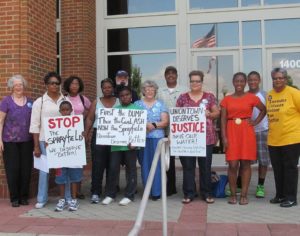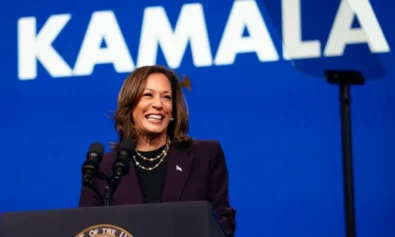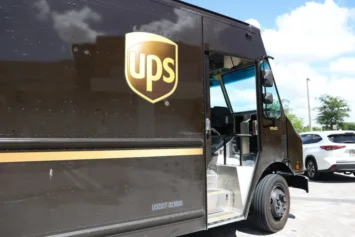
Uniontown, Alabama residents protest Alabama’s Arrowhead Landfill. Black Belt Citizens/Facebook
Residents of Uniontown, Alabama, were outraged when county commissioners first approved permits for the Arrowhead Landfill in 2007. The 1,300-acre dump is the largest in the state, accepting up to 15,000 tons of solid waste daily from communities and industries in 33 states. In 2009, the Alabama Department of Environmental Management allowed the Tennessee Valley Authority to deposit 4 million cubic yards of toxic coal ash from its Kingston power plant spill in the landfill, Earthjustice notes.
Citizens have complained about the noise level, rodents and terrible odor. They also believe the coal ash is contaminating the air and water supply, causing a myriad of health problems for locals.
“Fly ash particles [a major component of coal ash] can become lodged in the deepest part of lungs, triggering asthma, inflammation and immunological reactions. Studies have linked these particulates to the four leading causes of death in the U.S.: heart disease, cancer, respiratory diseases and stroke,” Earthjustice reported in a photo feature about the town.
The Perry County city’s population of 1,775 is 90 percent Black, according to the 2010 Census. The median household income is $15,054.
“If this had been a rich, white neighborhood, the landfill would never have gotten here,” Esther Calhoun told NBCNews last August. “They put it here because we’re a poor, Black community,” she said. “They knew we couldn’t fight back.”
Calhoun and other frustrated townsfolk organized to form the Black Belt Citizens Fighting for Health and Justice and filed a federal complaint against the ADEM for reissuing permits to landfill operators in 2011 and 2012. The claim alleged that state regulators violated the Civil Rights Act due to the waste site’s disproportionate adverse impact on Black property owners in the area.
Green Group Holdings LLC, who acquired the landfill in 2011, maintained that the issues covered in the suit belonged to the previous owner and no problems had occurred since the company’s takeover.
In March, the operator filed a $30 million libel and slander lawsuit against Black Belt Citizens president Calhoun and three other group leaders. The company cites language posted on the group’s website and Facebook page, alleging the outlets were used in “in a false and malicious manner.”
Truth-out.org published one of the Facebook posts mentioned in the suit. The plaintiffs added emphasis.
October 23, 2015: Arrowhead Landfill and its owners, Green Group Holdings, neglects laws, peoples’ rights, and our culture. First, corruption and unlawful actions get the landfill here. Then, 4 million tons of coal ash and garbage from 33 states. Now, Arrowhead landfill and Green Group Holdings are trespassing and desecrating a black cemetery. Black lives matter! Black ancestors matter! (Emphasis added)
“It really is a shame that we have been forced to take action in the courts to defend ourselves against these false accusations, but we have been left with no choice in the matter,” Green Group president and CEO Ernest Kaufmann said in a statement, per AL.com. “Time and again, Black Belt has resorted to blatant dishonesty in its portrayal of Arrowhead, and enough is enough.
“Arrowhead is one of the safest facilities of its kind in the entire country, and despite being the most heavily inspected landfill in Alabama, it has never once been cited for a violation,” Kaufmann added.
Truthout spoke with Marianne Engelman Lado, an Earthjustice attorney working with the defendants.
“The per capita income in Uniontown is between $8,000 and $9,000; it’s implausible to think that the landfill expects to collect millions of dollars from this suit,” Lado said. “For community members, it feels very much like an attempt to intimidate people.”
“As they say, ‘there ought to be a law’ against bringing this kind of suit against community members for speaking out.”


